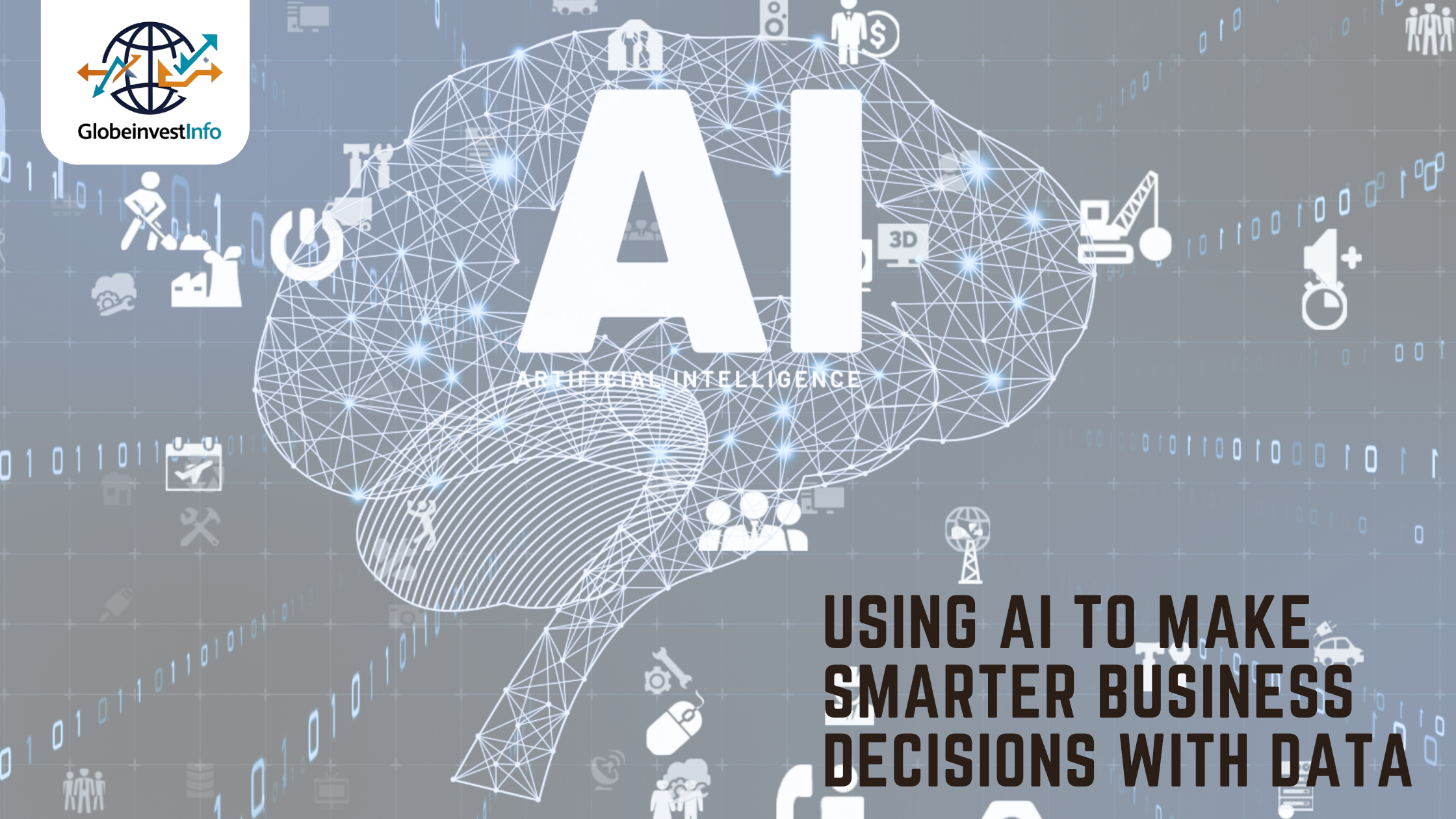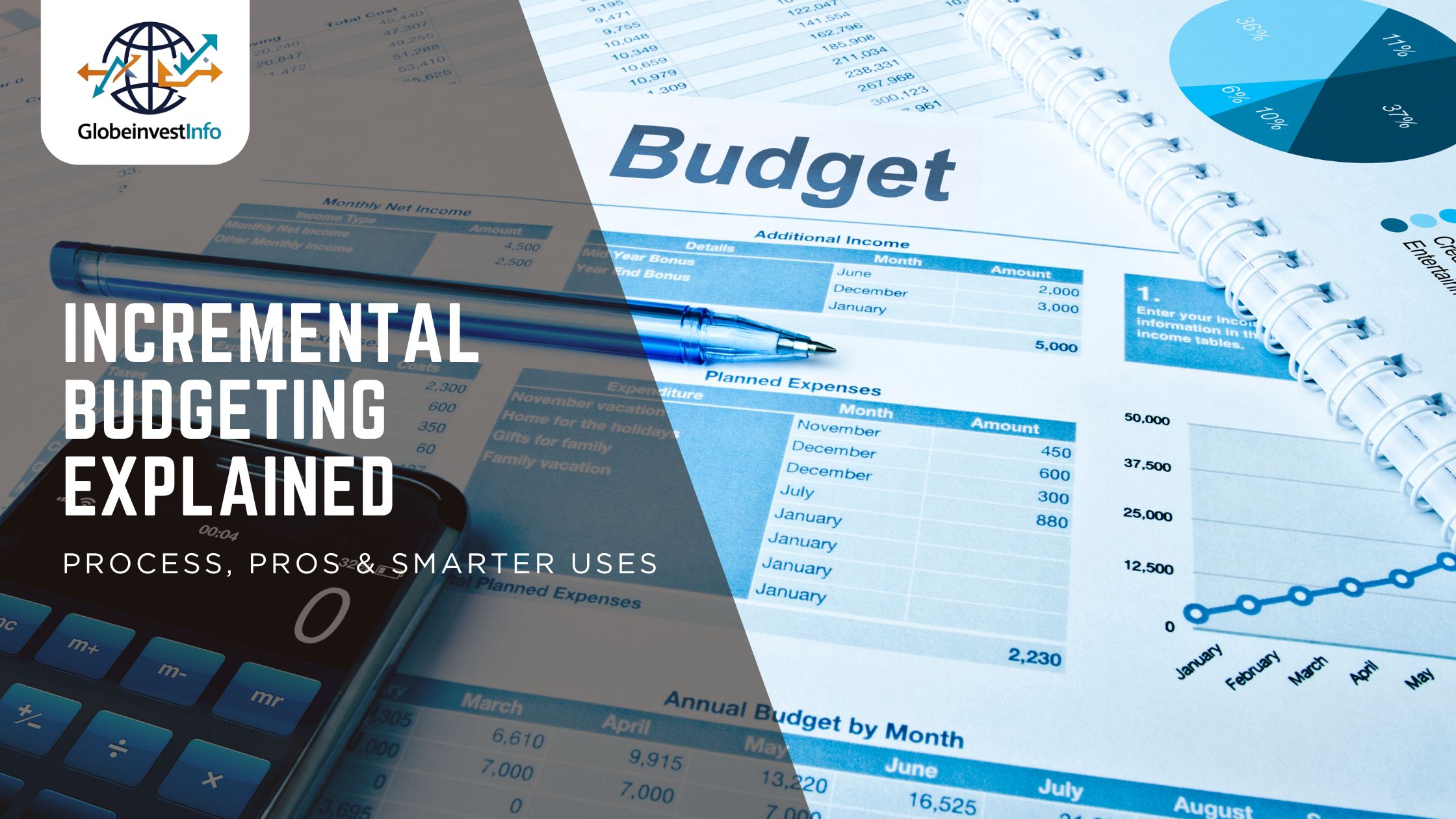In today’s fast-paced business world, data has become one of the most powerful resources. Every small business generates data daily — from customer behavior and sales records to marketing results and inventory numbers. The challenge? Turning that raw data into decisions that actually help the business grow.
That’s where AI comes in. Artificial intelligence can process huge amounts of data quickly, find patterns, and give small business owners the confidence to make smarter choices. Instead of guessing, you get data-backed direction.
Why Data-Driven Decisions Matter
Traditionally, many small business owners relied on gut feeling or experience to make calls. While instincts can help, they don’t always capture hidden trends or future risks. Data-driven decisions, supported by AI, can show:
- Which products are selling best (and when)
- What customers are likely to buy next
- Which marketing campaigns bring the most revenue
- How to adjust pricing or inventory for better profit
How AI Helps Small Businesses with Data
Here are some practical ways AI makes decision-making smarter:
1. Customer Insights
AI tools can study purchase history, website visits, and even customer reviews to highlight what people really want. For example, if a coffee shop sees more online searches for cold brew in summer, AI can suggest stocking up early.
2. Predicting Trends
Instead of waiting for sales to drop, AI can spot early signals. For instance, an e-commerce store might see through AI that a certain product’s interest is declining, giving owners time to introduce a replacement.
3. Marketing Optimization
AI-powered analytics show which ads, emails, or social posts are actually converting. Small businesses can then put more budget into what works, instead of wasting money.
4. Financial Planning
AI-driven accounting software helps track expenses, forecast cash flow, and spot areas where money can be saved. This allows owners to plan with more clarity.
5. Inventory Management
Retailers and restaurants benefit from AI predicting demand. By analyzing past sales and seasonal trends, AI can prevent overstocking or running out of items.
Real-Life Example
A local clothing boutique uses AI to study customer buying patterns. The system shows that most repeat customers prefer eco-friendly fabrics. With this insight, the owner expands the eco-friendly line and promotes it online. Sales grow because decisions were backed by data, not just guesswork.
Challenges to Keep in Mind
- Data Privacy: Always ensure customer data is stored and used responsibly.
- Learning Curve: Small business owners may need time to understand AI tools.
- Costs: While many AI tools are affordable, choosing the right ones is key.
FAQs
Q1: Do I need technical knowledge to use AI for business decisions?
Not necessarily. Many AI-powered tools are user-friendly and built for small business owners without technical backgrounds.
Q2: Is AI expensive for small businesses?
Some AI solutions are costly, but there are many affordable tools available, even free ones for basic analytics.
Q3: Can AI completely replace human decision-making?
No. AI supports better decisions with data, but human judgment and context remain essential.
Q4: Which AI tools are good for small businesses starting out?
Popular options include Google Analytics with AI features, QuickBooks for finance, and HubSpot for marketing.
Conclusion
AI gives small business owners the power to use their data effectively. Instead of drowning in numbers, they get clear answers and predictions. By combining AI-driven insights with real-world experience, small businesses can make smarter decisions, reduce risks, and grow with confidence.
- Best Real Estate Business Ideas to Start in 2025
- 30+ Best Side Hustles for Teachers to Earn Extra Income in 2025
- Creating an Online Course for Long-Term Passive Income
- Incremental Budgeting Explained: Process, Pros & Smarter Uses
- Passive Income Through REITs: What Every American Investor Should Know









